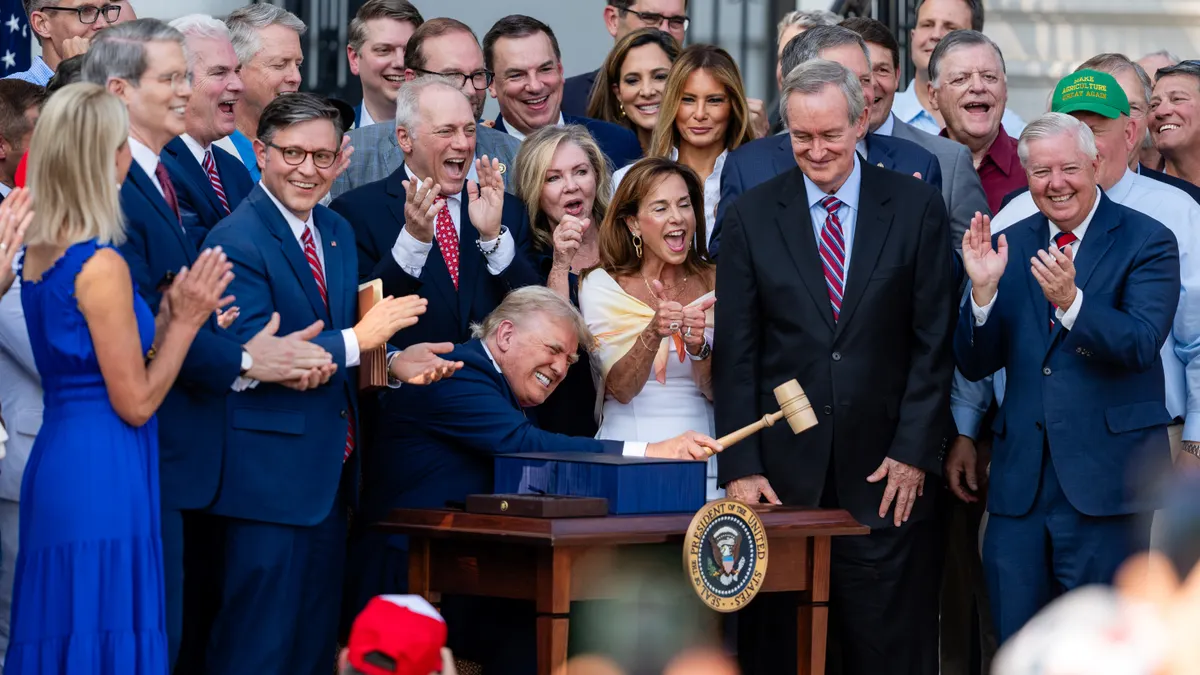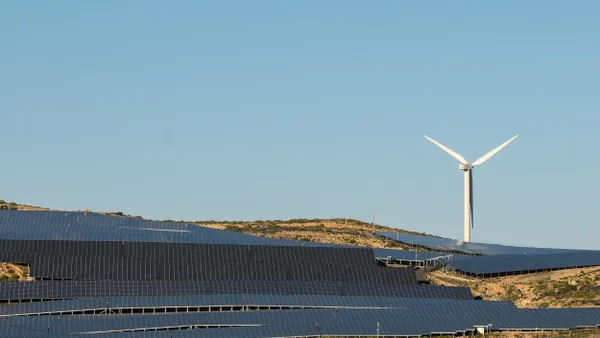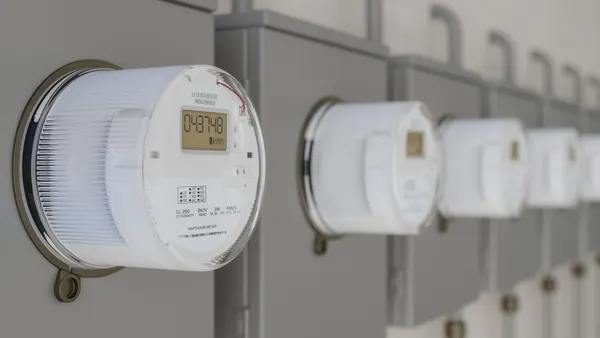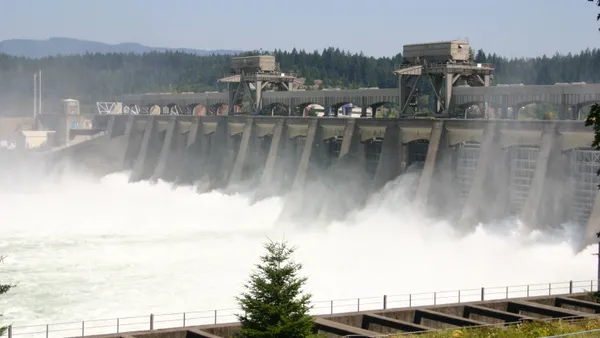Dive Brief:
- Toward the end of the second presidential debate last night, the two major party presidential candidates answered a question that highlighted their policy differences on energy production as well as their view on the current state of affairs.
- Clinton focused on the nation's natural gas resources as a bridge fuel and potential for clean energy jobs, while Trump said he would end EPA regulations that are "killing these energy companies" and promote more domestic fossil fuel production.
- Energy journalists critiqued Trump's comments, noting that low natural gas prices and power demand growth are more to blame for the decline of coal generation than current EPA regulations, and pointing out that the U.S. has about 250 years of coal supply left, not 1,000, as Trump claimed.
Dive Insight:
It's hard to believe anyone tuned in to last night's Presidential debate for a primer on energy policy, but climate change issues made a brief appearance when "a guy named Ken" posed this question: "What steps will your energy policy take to meet our energy needs, while at the same time remaining environmentally friendly and minimizing job loss for fossil power plant workers?"
The Washington Post and many other outlets reported on the brief exchange.
Trump said the energy industry is "under siege by the Obama administration. … We are killing, absolutely killing, our energy business in this country.” Grist.com points out that "total U.S. energy production has increased for the last six years in a row."
According to Trump: "Hillary Clinton wants to put all the miners out of business. There is a thing called clean coal. Coal will last for 1,000 years in this country."
In fact, the EIA estimates the U.S. has just over 250 years of coal supply left, but much of that may not be taken out of the ground if competition from natural gas and renewable energy keep coal prices near historic lows. And the Obama administration has supported the development of clean coal technology, including Texas plant scheduled to be online by the end of the year, at the behest of many environmentalists.
Clinton touted the country's gas production, saying natural gas "serves as a bridge to more renewable fuels, and I think that is an important transition. ... We have got to remain energy independent. That gives us a lot more freedom and power than to worry about what goes on in the Middle East."
Clinton's energy proposals include a focus on renewable energy, efficiency and lowering oil consumption, but some environmentalists worry her commitment to combating climate change will not square with her reliance on natural gas as a "bridge." If the U.S. is to meet its commitments under the Paris Climate Accord, climate researchers say the nation must cease building out fossil fuel infrastructure now, or retire some of it before the end of its usable life.
Trump has focused on reducing the role of the U.S. Environmental Protection Agency and opening more public lands to energy production.
The time spent on climate change issues mirrored the first debate, when Clinton said "Donald thinks that climate change is a hoax perpetrated by the Chinese," and Trump countered with a recounting of the government's failed investment in solar developer Solyndra.














